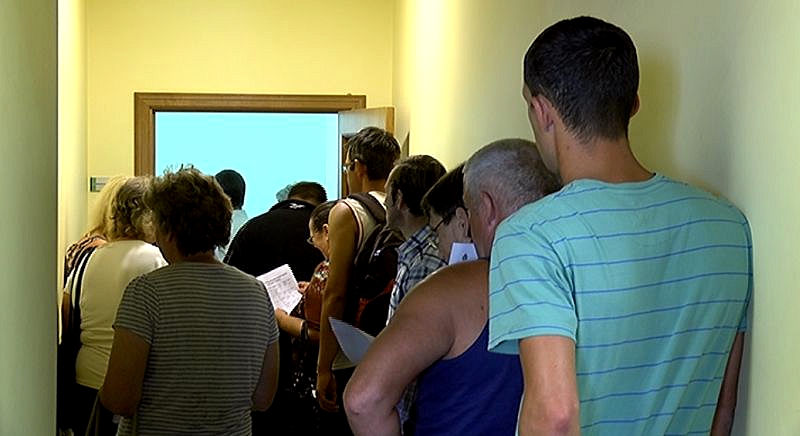"Latvia should step up its efforts to improve the employment prospects of young people by continuing to reform its vocational education system and pursuing the commitments made as part of the Youth Guarantee to further reduce the share of young people under 30 who are not in employment, education or training (NEETs)," the OECD said.
"Latvia says that Latvia has seen a sharp decline in the NEET rate since the crisis to 16.5%, but that there are still too few employment opportunities for young people. The youth unemployment rate of 16.4% remains nearly twice as high as in 2007," the OECD said.
Young women, the low-educated and youth with poor health tend to remain out of work or education the longest, it added.
There were words of praise for recent reforms by the Latvian government that were described as "an important step towards a modern and more attractive vocational education system," but relationships between schools and employers are described as "often weak."
To help more young people into work, the OECD recommends that Latvia improves the sharing of information on school attendance between schools, municipalities and the national authorities to further reduce early school-leaving and programme non-completion and ensure that school drop-outs receive the support they need.
The organization also flagged up the chance to introduce "a system of financial incentives to encourage employers to provide high-quality training" and better career counselling in schools.
The full report can be read here.
Latvia is currently working through an OECD Accession Roadmap, which sets out the terms, conditions and process for its accession to the organization.
Officials hope Latvia may become a full member of the OECD next year.



























